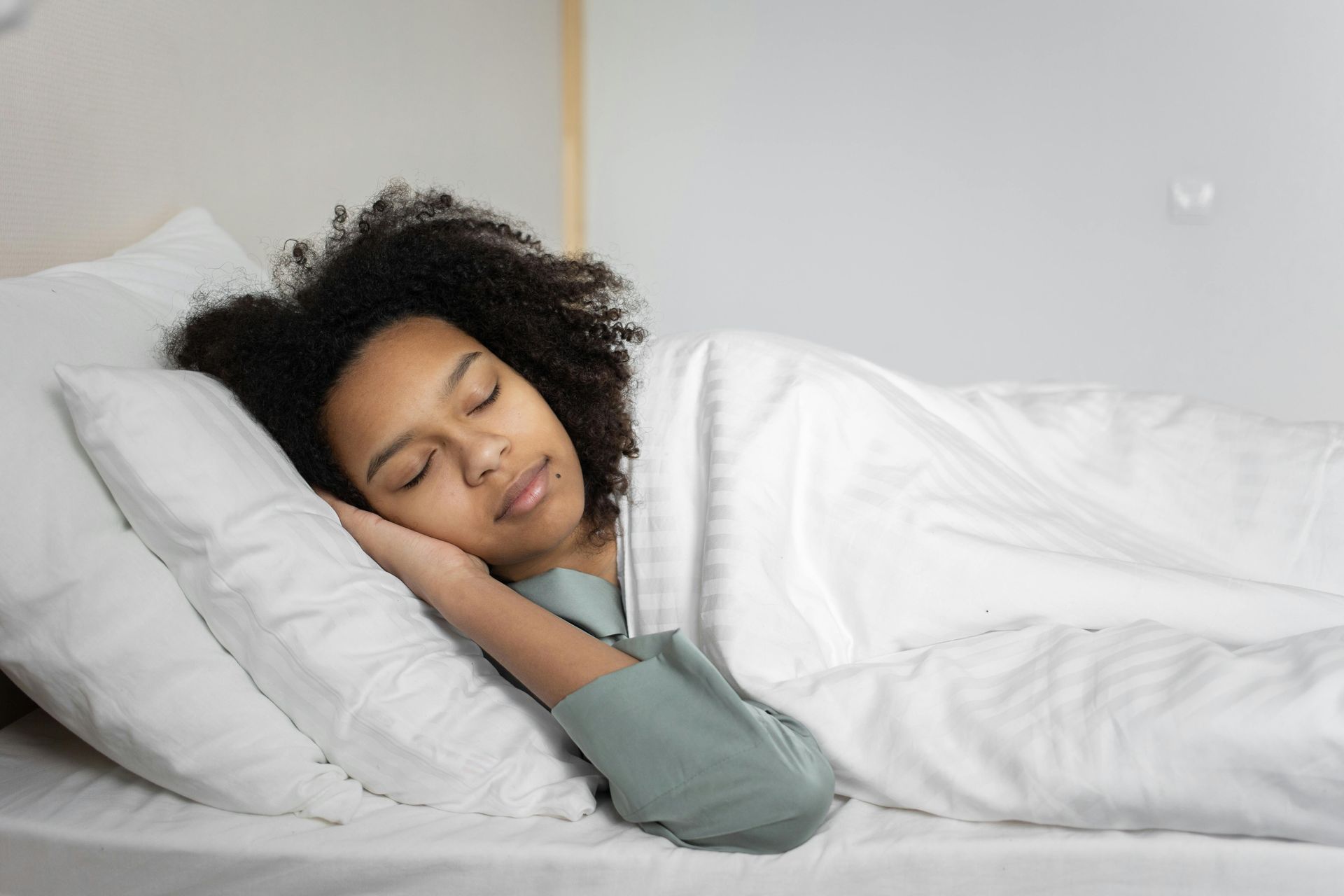Why Race Matters If You Have Depression
Depression is the leading cause of illness and disability worldwide, per the World Health Organization (WHO). And while depression can affect anyone, a growing body of research shows people of color in the United States are often hit hardest by this condition.
Marginalized racial and ethnic communities, such as Black and Hispanic Americans, are more apt to experience severe and debilitating symptoms of depression and are less apt to receive beneficial treatments, according to a May 2022 report from the Blue Cross Blue Shield Association, a federation of American health insurance companies.
The causes and contributors of these unfair and preventable differences in the burdens of depression and other mental health conditions are multifaceted and deep-rooted. As a result, solutions aren’t straightforward. “It’s sort of like any other disparity that we see — the adage that when white America catches a cold, all the other groups get the flu,” says Wizdom Powell, PhD, MPH,
What this means is the burden of disability from depression is much more pronounced in individuals from Black, indigenous, and communities of color,” Dr. Powell explains. “And the consequences of these mental health conditions are far more significant and negative for these populations.
What Factors Drive These Disparities?
A combination of factors likely causes these disparities, Powell says. “We don’t have a clear connection between race and depression that we can determine under a microscope, like a biological link,” she explains.
Historical Mistrust in Health Systems and Unequal Care Play a Role
People of color have historically been mistreated by healthcare systems in the United States. One well-known example is the U.S. Public Health Service (USPHS) Syphilis Study at Tuskegee, in which nearly 400 African American men who had syphilis were intentionally denied treatment. Experiences like these have created mistrust among people of color toward the U.S. medical system, lessening the likelihood of many seeking care.
Some research shows that Black people today continue to encounter more negative experiences when they seek mental health treatment compared with white people. For instance, a study published in December 2018 in the journal Psychiatric Services found African American people were more apt to receive a misdiagnosis of schizophrenia than white people when they reported symptoms of mood disorders like depression. In contrast, non-Latino white people were more likely to be diagnosed with major depression.
Shortage of Mental Health Experts of Color Is Another Barrier
A study published in November 2020 in the journal JAMA Network Open found that patients who shared the same racial or ethnic backgrounds as their doctors were more likely to report a better care experience than those who did not. However, there’s a shortage of racially-diverse mental health care providers in the United States — another possible reason people in marginalized racial and ethnic communities don’t seek treatment for depression.
Stress and Trauma Caused by Racism Increases the Risk of Depression
A review of nearly 300 studies, published in PLoS One, found a significant association between racism and mental health issues like depression among people of color.
People of color often experience forms of stress from racism and inequality that white people do not experience — and stress is a strong predictor of depression, according to research published in PLoS One.
“The kind of stress that plagues the lives of people who occupy more marginalized social positions are stresses that are associated with being discriminated against, and we know that these kinds of stressors are notably different and separate these groups from non-Hispanic white people in our society,” says Powell.
Cultural Stigma Related to Mental Health Reduces Outreach
Although stigmas — negative beliefs or attitudes toward someone based on a notable characteristic like mental health issues — are common among many communities, they may be particularly pronounced in Black and African American communities. A study published in Nursing Research found that many African American adults view mental health disorders, especially depression, as a sign of weakness. That stigma and related ones can deter people of color from seeking treatment.
Financial Instability Is Both a Cause and a Deterrent
In the United States, Black and Hispanic people are more likely to live below the poverty line than white people, with 19.5 percent of Black people and 17 percent of Hispanic people experiencing poverty in 2020 compared with 8.2 percent of white people, according to Statista, a provider of market and consumer data.
Financial instability is both a predictor of serious mental health issues and a significant barrier to treatment. According to NAMI, Black adults who live below the poverty line are more than twice as likely to report serious psychological distress compared with those in more secure financial situations.
Where Do We Go From Here?
Telemedicine
Telemedicine can be used to increase access to mental health treatment. “In many states, therapists can do therapy online, which makes it more accessible for people who may have difficulties with transportation or who may not have access to a therapist in their city, but can find someone within their state,” Dr. Turner says. In addition, telemedicine may, in some cases, be more affordable than traditional in-person care.
Community-Based Interventions
It’s important to meet people in marginalized communities where they are when it comes to mental health care, notes Sidney Hankerson, MD, an associate professor and vice chair of the department of psychiatry, and the director of mental health equity research at the Institute for Health Equity Research at the Icahn School of Medicine at Mount Sinai in New York City.
How to Get the Help You Need Right Now
While research shows issues surrounding mental health disparities are multidimensional and challenging to overcome, they’re problems that must be addressed.
Finding the right therapist for your specific needs often begins with asking questions. “It's okay to ask questions about their experience working with individuals from your community,” Erlanger says. “For example, I encourage people to ask therapists, ‘How many clients have you worked with that identify as Black or African American?’ This can help potential clients get an idea about a therapist's level of experience with understanding depression within certain groups.”
Reach out to us if you are dealing with depression. Our team at BPHN is happy to help you get connected with a therapist today.
Credit Julie Lynn Marks & Allison Young, MD "Why Race Matters If You Have Depression", https://www.everydayhealth.com/depression/why-race-matters-if-you-have-depression/
















